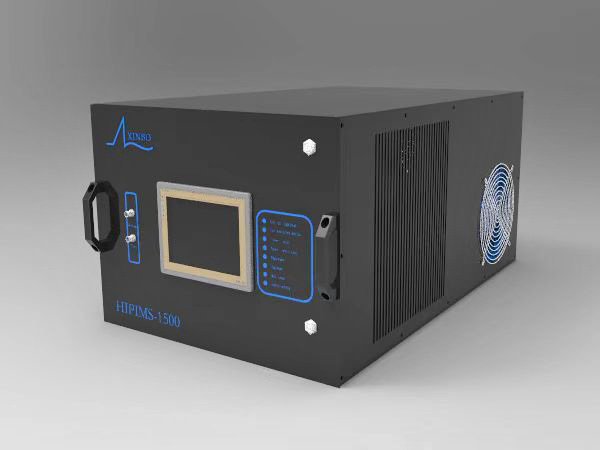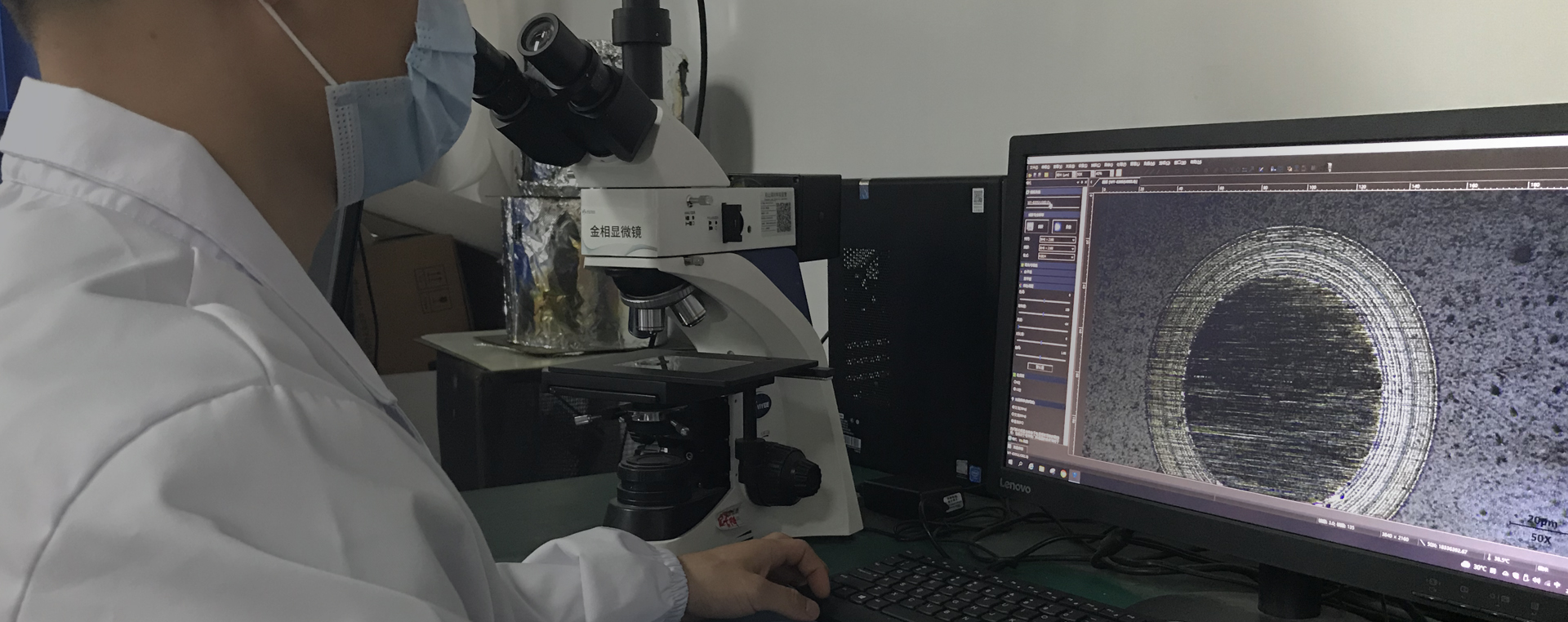What are the factors affecting the performance of vacuum coating?
What are the factors affecting the performance of vacuum coating?
1. The effect of evaporation rate on the performance of evaporation coating
The evaporation rate has a great influence on the deposited film. Because the coating structure formed by low deposition rate is easy to produce large particle deposition, it is safe to choose a higher evaporation rate to ensure the densification of the coating structure. When the pressure of the residual gas in the vacuum chamber is constant, the bombardment rate of the substrate is constant. Therefore, after choosing a higher deposition rate, the residual gas contained in the immersed film will be reduced, thus reducing the chemical reaction between the residual gas molecules and the steam coating material particles, so the purity of the deposited film can be improved. It should be noted that if the deposition rate is too high, it may increase the internal stress of the film, resulting in the increase of defects in the film, and even lead to the rupture of the film. In particular, in the process of reactive evaporation, a lower deposition rate can be selected in order to make the reaction gas and the vapor material particles can be fully reacted. Of course, different evaporation rates should be selected for different materials. As a practical example of how low deposition rates can affect membrane properties is the deposition of reflective membranes. If the film thickness is -8cm and the evaporation time is 3s, the reflectance is 93%. However, if the evaporation rate is slowed down under the same film thickness conditions, the time taken to complete the film deposition. The thickness of the film is the same. However, the reflectance has dropped to 68 percent.
2. The effect of substrate temperature on evaporative coating
The substrate temperature also has a great influence on the evaporation coating. High substrate temperature adsorbed on the surface of the residual gas molecules easy to remove. In particular, the exclusion of water vapor molecules is more important. Moreover, the higher temperature not only facilitates the transition from physical adsorption to chemical adsorption, but also increases the binding force between particles. Moreover, the difference between the recrystallization temperature of vapor molecules and the substrate temperature can be reduced, so as to reduce or eliminate the internal stress on the membrane substrate interface. In addition, because the substrate temperature is related to the crystallization state of the film, the amorphous or microcrystalline coating is often easy to form under the condition of low substrate temperature or no heating. On the contrary, when the temperature is high, the crystalline coating is easy to form. Increasing the substrate temperature is also beneficial to improve the mechanical properties of the coating. Of course, the substrate temperature should not be too high to prevent re-evaporation of the evaporating coating.
3. Influence of residual gas pressure in vacuum chamber on film performance
The residual gas pressure in vacuum chamber has a great influence on the membrane performance. If the pressure is too high, the residual gas molecules will not only easily collide with the evaporating particles, which will reduce the kinetic energy of the particles on the substrate and affect the adhesion of the film. Moreover, the high residual gas pressure will seriously affect the purity of the film, so that the performance of the coating is reduced.
4. The effect of evaporation temperature on evaporation coating
The effect of evaporation temperature on membrane properties is shown by the variation of evaporation rate with temperature. When the evaporation temperature is high, the heat of vaporization will decrease. If the membrane evaporates above the evaporation temperature, even a slight change in temperature can also cause a dramatic change in the membrane evaporation rate. Therefore, in the film deposition process to take accurate control of the evaporation temperature, avoid the evaporation source heating when the large temperature gradient, for easy to sublimate the membrane material to choose the membrane material itself as the heater, evaporation and other measures are also very important.
5. The influence of the state of substrate and coating chamber on the coating performance
The effect of cleaning degree of substrate and coating chamber on the performance of coating can not be ignored. It will not only seriously affect the purity of the deposited film, but also reduce the adhesion of the film. Therefore, the purification of the substrate, the vacuum coating chamber and its indoor components such as substrate frame cleaning treatment and surface degassing are indispensable in the process of vacuum coating technology.

 0769-81001639
0769-81001639
